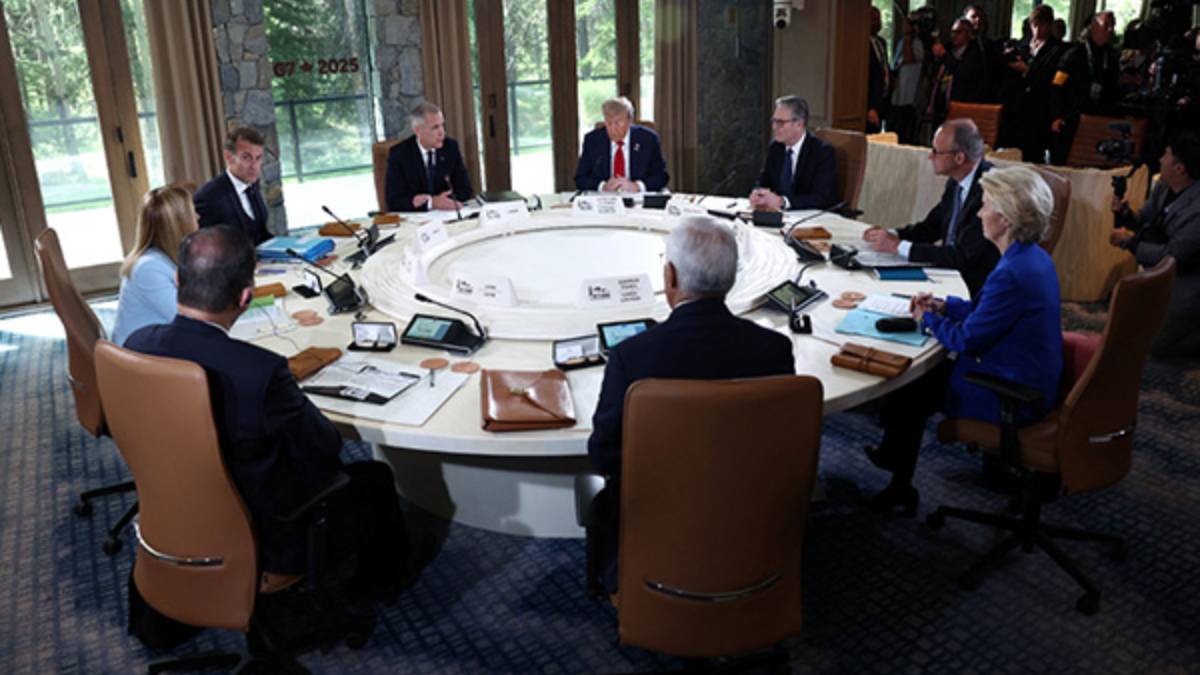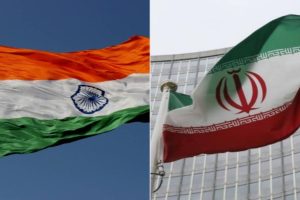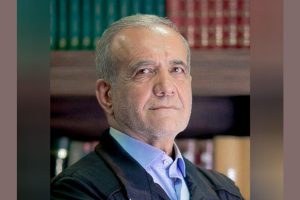In response to the escalating conflict in West Asia, G7 leaders, meeting at the summit in Canada, issued a joint statement reaffirming Israel’s right to self-defence while calling for de-escalation and protection of civilians amid rising tensions with Iran.
“We, the leaders of the G7, reiterate our commitment to peace and stability in the Middle East. In this context, we affirm that Israel has a right to defend itself,” the statement read. Released by the Canadian Prime Minister’s Office, it also underlined the bloc’s commitment to Israel’s security and the need to protect civilians on all sides.
The G7—which includes the United States, United Kingdom, France, Germany, Italy, Japan, Canada, and the European Union—blamed Iran as the principal source of regional instability and terror, adding that Tehran must “never obtain a nuclear weapon.”
The leaders also stressed the urgent need for a broader Middle East de-escalation, urging steps toward a ceasefire in Gaza and overall conflict resolution. “We urge that the resolution of the Iranian crisis leads to a broader de-escalation of hostilities in the Middle East,” the statement read.
Amid concerns about global energy markets, the G7 nations said they would “remain vigilant” and “stand ready to coordinate, including with like-minded partners, to safeguard market stability.”
The summit, chaired by Canadian Prime Minister Mark Carney, also witnessed the early departure of US President Donald Trump, who flew back to Washington DC citing urgent national security matters. According to reports, Trump directed the National Security Council to be prepared in the White House Situation Room upon his return.
The ongoing crisis follows Israel’s aerial strikes across Iran on Friday, targeting nuclear facilities in an effort to curb Iran’s alleged atomic weapons ambitions. Iran has denied these accusations. According to Israeli PM Benjamin Netanyahu, the strikes significantly “set back” Iran’s nuclear program, though the extent of the damage remains unclear.
French President Emmanuel Macron revealed that Trump had proposed a ceasefire deal, even as the US President issued a stark warning urging Tehran residents to evacuate, highlighting the scale of potential escalation.
The joint G7 stance signals a coordinated Western approach to the conflict, balancing support for Israel’s security with calls to prevent a wider regional war.





